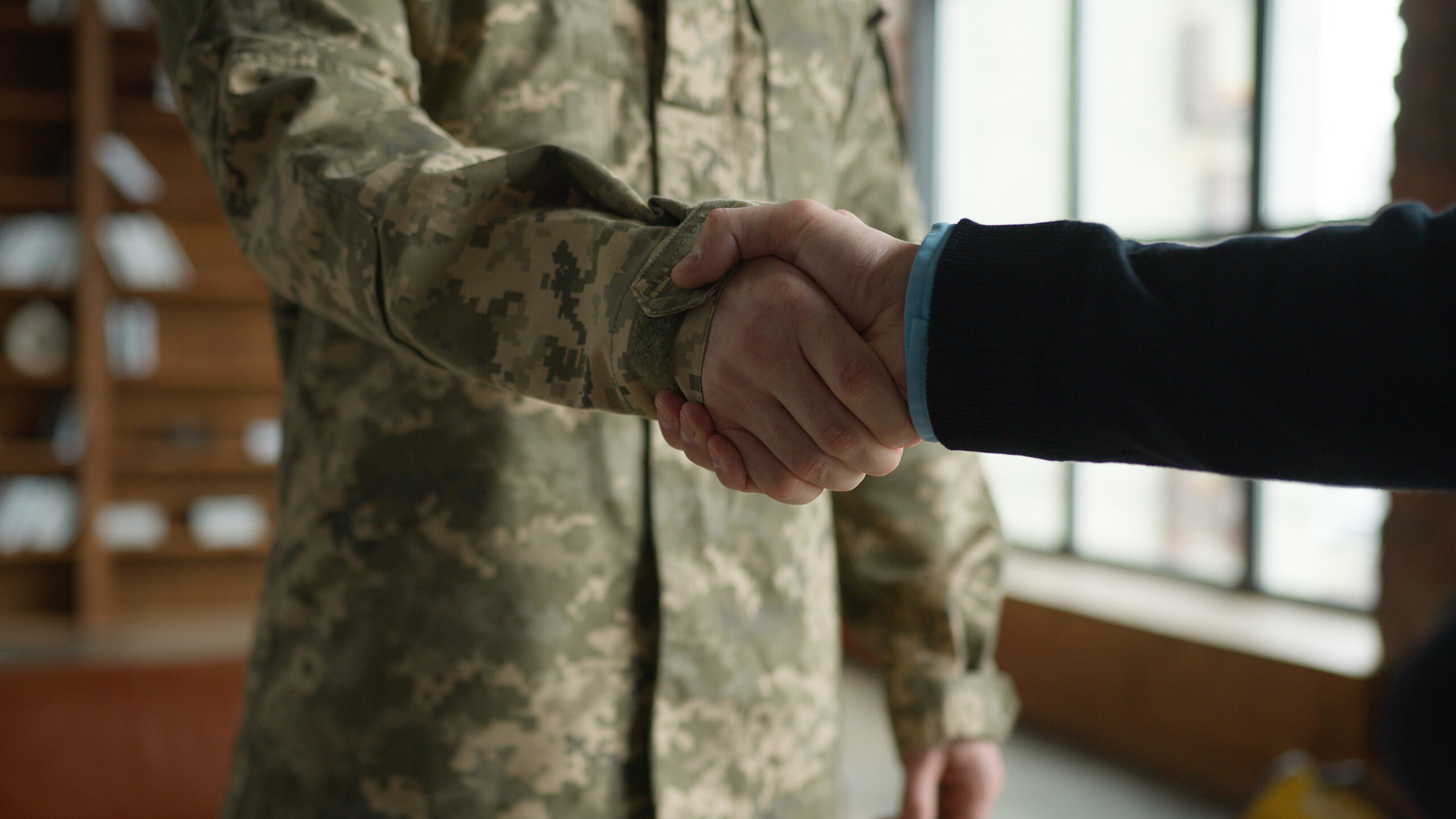
Transitioning from military service to business is both an exciting opportunity and a profound challenge. Veterans often bring unparalleled leadership, discipline, and strategic thinking to the table, yet adjusting to the dynamics of business education requires adaptability and reflection. The Master of Business Administration (MBA) degree bridges structured military experience and the fast-paced, innovation-driven business environment. However, balancing military experience with business education involves more than academic adjustment—it’s a journey of redefining identity, expanding skill sets, and embracing new leadership.
Translating Military Leadership into Business Success
Military professionals are trained to lead under pressure, make decisions with limited information, and maintain composure in complex situations. These traits align perfectly with the demands of modern business leadership. Yet, the challenge lies in translating those experiences into a corporate context through business education. In the military, leadership is often directive and mission-focused, whereas in business, it leans toward collaboration and innovation. Understanding this shift is crucial for veterans pursuing an MBA.
Moreover, veterans often excel in teamwork. The military’s emphasis on cooperation and shared mission translates naturally into group projects and collaborative problem-solving, core elements of most business education curricula. However, while the military chain of command ensures clarity and efficiency, the business world often operates in shades of gray, where persuasion and consensus-building matter just as much as authority. By navigating these differences, veterans learn to lead with influence rather than rank, which serves them well in any corporate setting shaped by modern business education.
Bridging the Gap Between Strategy and Innovation
The military mindset focuses heavily on strategy, planning, and execution—invaluable skills in business management. However, the corporate world strongly emphasizes innovation, creativity, and adaptability. Business education encourages students to think outside the box, challenge assumptions, and pursue unconventional ideas. For veterans accustomed to strict protocols, this can be a significant adjustment.
Yet, precisely this balance between structure and creativity defines great business leaders. Veterans who learn to integrate their disciplined approach with an innovative mindset through business education become exceptional problem-solvers. For example, while military leaders are trained to anticipate threats, MBA coursework teaches them to identify opportunities. This shift from defense to growth thinking is at the heart of entrepreneurial success.
In addition, the emphasis on technology in modern MBA programs resonates with the military’s growing reliance on digital tools. Veterans with experience in cybersecurity, intelligence, or engineering find that their technical background aligns perfectly with fields like information systems, fintech, and supply chain analytics. This overlap allows them to become leaders who understand operational efficiency and technological disruption—a rare and valuable combination enhanced by business education.
Building Emotional Intelligence and Adaptability
While military training develops resilience, discipline, and decisiveness, business education emphasizes emotional intelligence, communication, and cultural awareness. These softer skills are critical for leading diverse teams and navigating the nuances of organizational behavior. In the military, hierarchy often defines relationships; in contrast, the business world values collaboration, negotiation, and empathy.
Moreover, adaptability is one of the most vital skills veterans develop during their MBA journey. Transitioning from a structured environment to one where ambiguity and risk are constant forces requires flexibility. The case-based learning method in most business education programs pushes students to think critically and respond quickly to changing circumstances. This mirrors the unpredictability of military operations and modern markets, helping veterans strengthen their ability to lead through uncertainty.
Emotional intelligence also plays a role in managing the transition from service member to student. Returning to an academic setting after years in uniform can be overwhelming for many veterans. A business education program’s culture, pace, and expectations differ greatly from military life. However, by leaning on their adaptability and developing self-awareness, veterans can transform this challenge into an opportunity for growth.
Networking and the Power of Peer Learning
One of the most significant advantages of pursuing an MBA is the access it provides to a diverse network of peers, faculty, and alumni. For veterans, this exposure is invaluable. Business education brings together individuals from various industries and countries, fostering collaboration across backgrounds and disciplines. Veterans often find that engaging with classmates from different professional backgrounds helps them expand their perspectives and refine their business acumen.
Furthermore, networking extends beyond the classroom. Many veterans leverage MBA alum networks to secure internships, mentorships, and executive positions. This long-term support system becomes a critical asset in career development, offering guidance, connections, and insights that help veterans navigate complex corporate landscapes—all made possible through business education.
Redefining Leadership in the Business World
The heart of military service and business education is leadership, yet the expression of that leadership evolves when veterans enter the corporate arena. In the military, leadership is often tied to command authority and operational efficiency; business is grounded in vision, influence, and adaptability. Through business education, veterans learn to balance decisiveness with inclusivity, authority with collaboration, and mission success with employee well-being.
Business leadership requires understanding markets, competition, and innovation—elements that may be less emphasized in a military context. MBA coursework exposes veterans to disciplines like finance, marketing, and organizational behavior, equipping them with tools to manage teams and drive profitability. More importantly, business education encourages them to think long-term, balancing strategic goals with ethical and social responsibilities.
Balancing military experience with business education is not about leaving one world behind but integrating the best of both. The discipline, integrity, and mission-driven mindset developed in the military and the analytical and strategic insights gained through business education create leaders who can navigate any challenge. As global markets evolve, these veteran business leaders must redefine success, building organizations that value precision, innovation, and purpose equally.